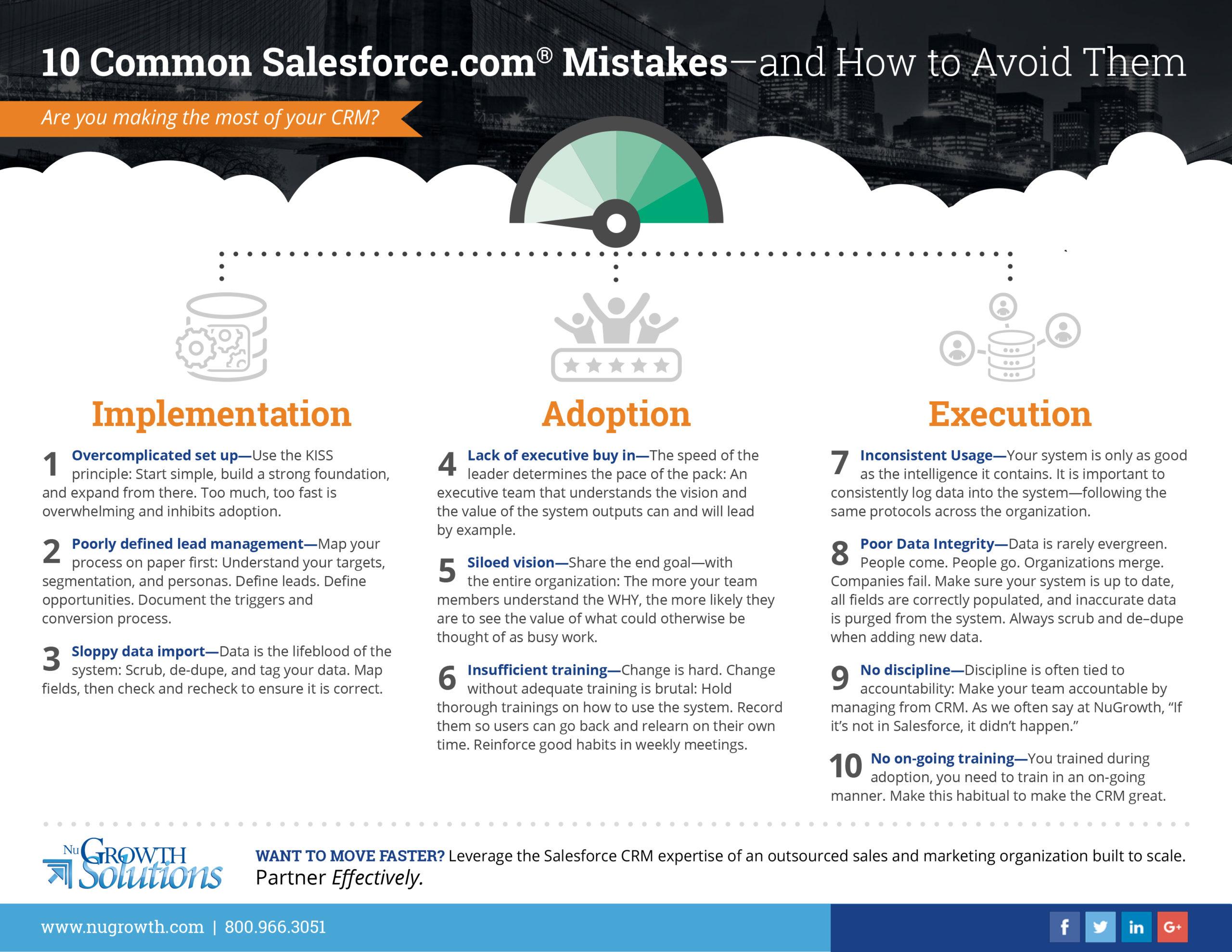Businesses fail due to poor financial management, lack of market research, inadequate business planning, fierce competition, and ineffective marketing strategies. Understanding the common reasons behind business failures can help entrepreneurs make informed decisions to avoid these pitfalls in their own ventures.`
By addressing these challenges proactively, businesses can increase their chances of long-term success and sustainability. Successful businesses are built on a strong foundation of sound financial practices, market understanding, strategic planning, competitive analysis, and compelling marketing approaches. Without these essential elements in place, businesses are at risk of faltering and struggling to survive in today’s competitive landscape.
By identifying and rectifying these common pitfalls early on, entrepreneurs can navigate the challenges of the business world confidently and steer their companies towards growth and prosperity.
Lack Of Market Research
Lack of market research is a critical factor that contributes to the failure of many businesses. Without conducting thorough market research, companies risk making incorrect assumptions about their target audience and competitors. In this section, we will explore two key aspects that are often overlooked: insufficient understanding of the target audience and failure to identify competitors. It is crucial for businesses to address these areas to increase their chances of success in the marketplace.
Insufficient Understanding Of Target Audience
Having a deep understanding of the target audience is the foundation for a successful business. When companies fail to invest time and effort into gathering insights about their potential customers, they risk developing products or services that do not align with their needs and preferences. This can result in low demand and unsatisfactory sales performance.
Importance of understanding the target audience:
- Identify specific demographics, such as age, gender, location, and income, to tailor marketing efforts.
- Uncover the pain points and challenges faced by the target audience, allowing the business to provide effective solutions.
- Gain insights into consumer behavior and purchasing patterns to design targeted marketing campaigns.
By investing in thorough market research and explicitly identifying the target audience, businesses can enhance their ability to deliver products and services that meet customer expectations, leading to increased customer satisfaction and profitability.
Failure To Identify Competitors
A business cannot operate in isolation; it exists within a competitive landscape where rival companies vie for customer attention and market share. When businesses fail to identify their competitors, they are at a significant disadvantage. Lack of awareness about competitors’ strengths, weaknesses, and marketing strategies can hinder a business’s ability to differentiate itself and effectively position its products or services in the market.
| Consequences of not identifying competitors: |
|---|
|
|
|
To identify competitors effectively:
- Analyze the market for similar products or services to identify direct and indirect competitors.
- Research competitors’ marketing tactics, pricing structures, and customer reviews to gain a competitive edge.
- Highlight unique selling points to differentiate the business and attract target customers.
By conducting comprehensive market research and accurately identifying competitors, businesses can strategize effectively, seize opportunities, and stay ahead in the highly competitive market.
:max_bytes(150000):strip_icc()/dodd-frank-financial-regulatory-reform-bill.asp-final-5ae832d396f345ee8706cdac55670ebf.png)
Poor Financial Management
Poor financial management is a common reason why businesses fail. Inadequate budgeting and neglecting cash flow management significantly contribute to financial instability.
Inadequate Budgeting
Many businesses fail due to inadequate budgeting. Without a clear financial plan, expenses can quickly outweigh revenue, leading to financial distress.
Neglecting Cash Flow Management
Neglecting cash flow management often results in cash shortages. Monitoring cash flow, timely invoicing, and managing receivables are essential for sustaining a business.
Weak Leadership
Weak leadership is one of the primary reasons why businesses fail. It encompasses a range of issues, including lack of vision and strategy, as well as ineffective decision-making – all of which can have detrimental effects on the overall success of a business.
Lack Of Vision And Strategy
Many businesses fail due to a lack of coherent vision and strategy. Without a clear direction, employees can become disengaged, and the business will struggle to adapt to changes in the market. This lack of vision and strategy also makes it challenging to set and achieve meaningful goals.
Ineffective Decision-making
Ineffective decision-making at the leadership level can cause major problems for a business. When critical decisions are made without proper analysis or consideration, the consequences can be devastating. Poor decisions can lead to wasted resources, missed opportunities, and a loss of trust from employees and customers.
Inadequate Marketing Efforts
Inadequate marketing efforts can be a major factor behind the failure of businesses. No matter how great a product or service is, if it is not properly marketed, it will fail to reach its target audience. In today’s competitive world, businesses need to invest in effective marketing strategies that create brand awareness and drive customer engagement.
Lack of brand awareness is a common reason for business failure. When customers are not aware of a brand’s existence, they are unlikely to choose it over competitors. In order to succeed, businesses need to build and maintain strong brand recognition. This can be achieved through various marketing initiatives, such as:
- Developing a distinctive brand identity that sets a business apart from others in the market
- Crafting a compelling brand story that resonates with customers’ needs and values
- Implementing a consistent brand message across all marketing channels
- Utilizing social media platforms to engage with target audience and increase brand visibility
Having a limited number of marketing channels can hinder a business’s ability to reach its target audience effectively. It is essential to explore and utilize a variety of marketing channels to maximize brand exposure and customer reach. Some popular marketing channels to consider include:
| Offline Channels | Online Channels |
|---|---|
| Television advertisements | Social media marketing |
| Print media advertising | Search engine optimization (SEO) |
| Outdoor billboards and signage | Email marketing campaigns |
By expanding marketing efforts across multiple channels, businesses can increase their visibility and reach a wider audience. It is important to monitor the effectiveness of each channel and adjust strategies accordingly to ensure optimal results.
Lack Of Adaptability
Businesses often fail due to their inability to adapt to changing market conditions, trends, or consumer preferences. Lack of adaptability hinders growth and innovation, leading to eventual decline and closure. Embracing change and staying agile is crucial for long-term success in the dynamic business landscape.
Failure To Embrace Change
One common reason why businesses fail is their failure to embrace change. In today’s dynamic and competitive market, adaptability is crucial for long-term success. Organizations that resist or ignore change are at a disadvantage, as they fail to capitalize on new opportunities or stay ahead of emerging trends.
Businesses that fail to embrace change often find themselves stuck in outdated practices and unable to meet evolving customer demands. They become complacent, assuming that what worked in the past will continue to work in the future. However, this mindset can be detrimental, leading to stagnation and eventually, failure.
In order to thrive in today’s fast-paced business environment, companies must be proactive in embracing change. This involves staying attuned to industry trends, technological advancements, and shifting customer preferences. By continually adapting their strategies, products, and services, businesses can seize new opportunities, stay relevant, and maintain a competitive edge.
Ignoring Customer Feedback
Another common pitfall that contributes to business failure is the tendency to ignore customer feedback. Customers are the lifeblood of any business, and their feedback provides valuable insights into their needs, preferences, and pain points.
| Ignoring Customer Feedback Leads To: | Consequences |
|---|---|
| Limited Understanding | Businesses miss out on vital information about customer expectations, leading to ineffective strategies and poor customer satisfaction. |
| Missed Opportunities | Failure to listen to customers’ suggestions and complaints means missed opportunities to improve products and services. |
| Loss of Loyalty | Continued ignorance of customer concerns can result in decreased loyalty, leading customers to seek alternatives elsewhere. |
Businesses that ignore customer feedback risk losing touch with their target market and become less responsive to changing customer needs. By actively seeking and listening to customer feedback, businesses can make informed decisions, improve their offerings, and build stronger customer relationships. This not only enhances customer satisfaction but also increases the likelihood of long-term success.

Frequently Asked Questions For Why Businesses Fail: 5 Common Reasons Explained
What Are The Five Causes Of Business Failure?
The five causes of business failure include poor financial management, inadequate market research, lack of effective marketing, insufficient capital, and ignoring customer feedback.
What Are The 7 Reasons Why Small Business Fail?
1. Poor financial management 2. Ineffective marketing strategies 3. Failure to adapt to change 4. Lack of planning and strategy 5. Ignoring customer feedback 6. Inadequate cash flow management 7. Leadership issues and team conflicts
Why 90% Of Small Businesses Fail?
Small businesses often fail due to lack of proper planning, insufficient funds, fierce competition, inadequate market research, and poor management.
What Are Two Reasons Why So Many Businesses Fail Within The First Five Years?
Poor financial management and lack of market demand are two primary reasons why many businesses fail within the first five years. Inadequate financial planning and overspending can lead to cash flow problems, while failing to identify a target market or offering a product/service that customers don’t want can result in low sales and eventual closure.
Conclusion
Understanding the common pitfalls is crucial for business success. Lack of planning, poor management, and insufficient funds are primary culprits. By addressing these issues proactively, businesses can navigate their way to sustainable growth. Stay informed, implement strategies, and continuously adapt to thrive amidst challenges.





